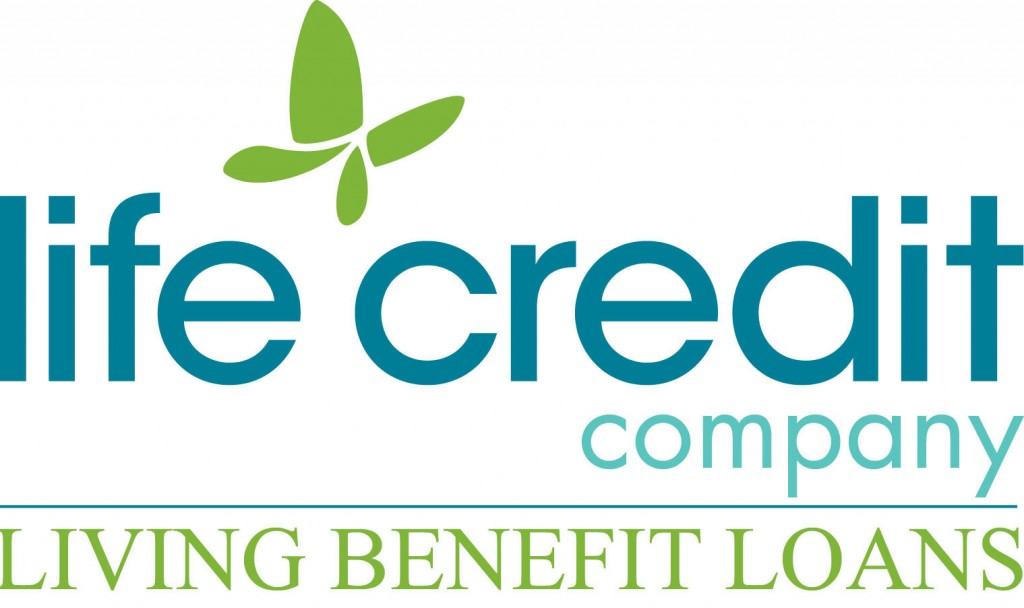If you’re considering the regulations regarding taxes on life insurance settlements, you’re not alone: The issue is a complex one, with a number of nuances depending on your individual circumstances.
Tax on Life Insurance Settlement
First, it’s important to understand the basics of a life insurance settlement, typically known as a viatical settlement. Policyholders who have a permanent life insurance policy and are facing a terminal illness may be eligible to sell their policy in order to access cash for end-of-life preparations. The settlements are typically less than the policy’s cash value, but give the policyholders immediate access to the funds, which can be a vital benefit for those grappling with the serious financial obstacles associated with a critical illness.
In general, the proceeds from these types of settlements are not taxed like regular income. However, there are some exceptions.
What Do the Laws Say?
In 1995, the federal government undertook a major overhaul of the laws regarding taxes on life insurance settlements in a broad legislative package known as the Health Insurance Portability and Accountability Act (HIPPA). This law mandated that proceeds from a viatical settlement, as well as accelerated death benefits — another way some individuals may try to take advantage of the value of their policy before their death — are tax-free. However, in order to qualify for that exemption, the policyholder must have a terminal illness and have a life expectancy of less than two years. Additionally, the company purchasing the policy from the individual must be licensed and have experience with prior viatical settlements. If all of those conditions are met, the policyholder can receive any amount from the settlement without paying taxes on it; however, if they are not, the settlement would be taxed like ordinary income.
An Alternative to Viatical Settlements
An alternative is Life Credit’s Living Benefits Loan program, which allows policyholders to borrow against the value of their policy’s death benefit to access the cash while they’re alive. There is no mandate that the policyholder has a terminal illness, nor restrictions on the type of policy, making this a more flexible option for those concerned about the possibility of tax on life insurance settlements.



Recent Comments